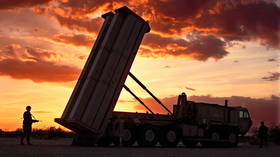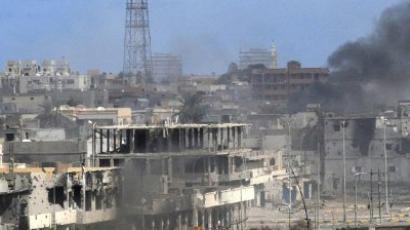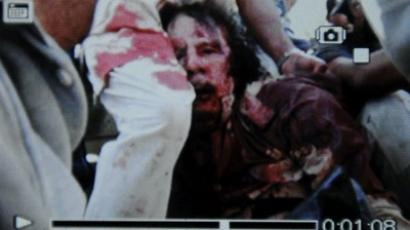NTC slow to probe rebel atrocities
Three hundred bodies of alleged Gaddafi allies have been found in Sirte, shot in the head with hands tied behind their backs. Are Libya’s new rulers guilty of ordering political executions identical to those they claimed to be rebelling against?
In the light of this gruesome discovery, NATO Secretary-General Anders Fogh Rasmussen’s recent speech at a news conference in Brussels sounds like a grimly prophetic joke.“Our military forces prevented a massacre and saved countless lives,” he declared. “Now is the time for the Libyan people to take their destiny fully into their own hands."And they have. Over 300 bodies have been collected by volunteers across Sirte and buried in a mass grave. A day earlier, Human Rights Watch reported that 53 decomposing bodies had been found in an abandoned hotel in the town.The condition of the bodies suggested the victims were killed approximately one week prior to their discovery. Most are believed to be residents of Sirte, some of them Gaddafi supporters. The ruling National Transitional Council has been slow to investigate atrocities committed by the rebel forces (including the alleged murder of the Colonel) despite repeated demands to do so.The whole world watched the gruesome footage of Gaddafi’s capture, and the scenes of elation that greeted his death. However, RT’s correspondent in Tripoli says that when you come to Libya and start talking to people, their real feelings about Gaddafi are quite different from what is being portrayed in the world media. They are largely appalled at the way he was dealt with: captured, beaten, killed and exhibited in a supermarket freezer for everyone to see.Another major concern of Human Rights Watch in post-Gaddafi Libya is the vast amount of unsecured explosive weapons, including surface-to-air missiles. Those missiles could be used to bring down civilian aircraft if they were to get into the wrong hands. HRW has also found unguarded tank and mortar rounds, large amounts of munitions, and thousands of guided and unguided aerial weapons while inspecting the arsenals. “For months we have been warning the NTC and NATO about the dangers posed by these stockpiles of unguarded weapons, and the urgent need to secure them,” said Peter Bouckaert, emergencies director at Human Rights Watch. “Surface-to-air missiles can take down civilian aircraft, and the explosive weapons can be converted easily into the car bombs and improvised explosive devices that have killed thousands in Iraq and Afghanistan.”There are also large numbers of firearms in the hands of the general population. NTC efforts to get people to voluntarily disarm and hand in their guns have been relatively ineffective.RT’s correspondent, Anissa Naoaui, went to one of the arms collection centers in Tripoli and witnessed only twelve AK47s being returned over the course of an entire day. By contrast, she only had to walk the length of a block in the capital to see three times that number of automatic weapons being brandished on the streets.














